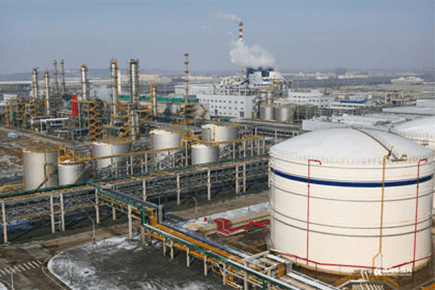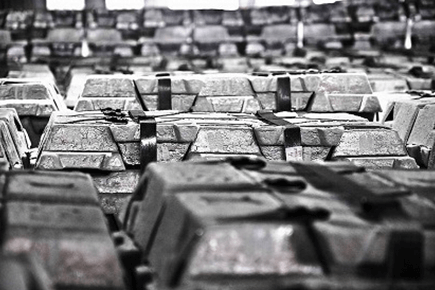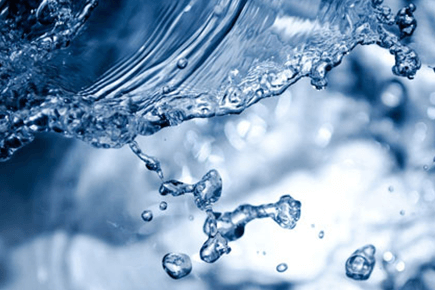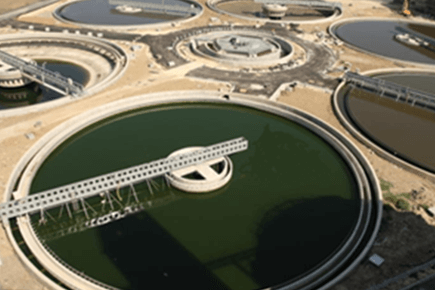
Storage Conditions of Ion Exchange Resins
Storage Conditions of Ion Exchange Resin
1. Storage life of unused ion exchange resin under appropriate conditions
Under appropriate conditions: store in a dry, cool and unopened package at 5-30℃
| Storage life of unused ion exchange resin under appropriate conditions | |||
|---|---|---|---|
| Applications/Resin Type | Cation | Anion | Mixed bed |
| Desalination and softening | 2 Years | 2 Years | 1 Year |
| Ultra-pure water | 6 Months | 6 Months | 6 Months |
| Drinking water | 2 Years | 2 Years | / |
| Catalysis and Chemical | 2 Years | 2 Years | / |
| Food and nutrition | 2 Years | 2 Years | / |
2. Factors affecting the storage life of ion exchange resin
-
Temperature:
Storage temperature higher than 40°C will lead to premature loss of capacity of anion resin, especially that stored in OH form. Although cation resins can withstand higher temperatures (up to 80°C), it is best to store all resins in similar conditions. Storage temperatures below 0°C can cause the resin to freeze. The repeated freeze-thaw cycle test shows that the resin after freeze-thaw is prone to bead damage, and the resin after freeze-thaw should be completely thawed at room temperature before being loaded for use.
-
Air contact:
It should be noted that resins should not be exposed to air as they will dry and shrink. When reabsorbing water, these resins are easy to break due to the rapid re-expansion of resin beads. If the resin beads are dry, soak them in a saturated NaCl solution, and the high osmotic pressure will minimize rapid re-expansion. The salt can then be removed by continuous dilution to prevent rapid changes in osmotic pressure and lead to bead breakage.
-
Bacteria:
In the long-term storage period, if the resin is not put into use, it will lead to bacterial problems. In order to minimize the possibility of biological pollution, the resin unused should be stored in biological inhibition solution, such as concentrated NaCl solution. In addition to minimizing bacterial growth, concentrated brine solutions also prevent freezing.
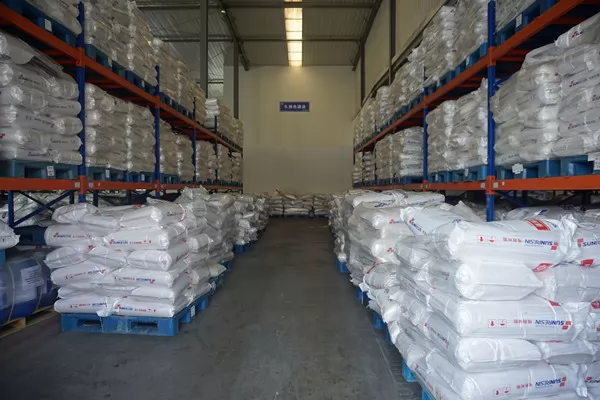
3. Storage plans of ion exchange resin under different conditions
A. The unused new resin should be kept in a dry, cool place away from light at 5-40℃.
Attentions:
-
The resin packaging shall be in good condition to avoid resin water loss.
-
When the storage temperature is lower than the freezing point of water, the resin will be frozen and broken.
-
Avoid contact with oxidants or other impurities.
B. Long-term Ion exchange resin storage plan for used resin
The main purpose of resin storage is to keep moisture and antifreeze. In summer, pay attention to maintain the liquid level above the resin layer to prevent water loss of the dry column. The resin shall be stored according to the site conditions in case of long-term shutdown or room temperature lower than 0 ℃ in winter.
-
Resin stored outside the column
If the resin is exported from the resin column to the iron bucket for storage, the resin can be soaked in NaCl solution to prevent bacteria and resin freezing.
The relationship between NaCl concentration and freezing point can be referred to the following table:
| Concentration | 5% | 10% | 15% | 20% | 23.5% |
|---|---|---|---|---|---|
| Freezing point | -3 ℃ | -7 ℃ | -10.8 ℃ | -16.3 ℃ | -21.2 ℃ |
-
Resin stored inside the column
For a relatively short storage time less than 2 months, and if the device is built in the room with insulation measures, the resin only needs to be soaked in water.
If the resin is placed in the resin column for longer time preservation, NaOH solution is recommended for immersion. It is mainly because the salt solution will cause serious corrosion to the equipment. The relationship between NaOH concentration and freezing point can be referred to the following table:
| Concentration | 5% | 8% | 16% | 18% | 23.5% |
|---|---|---|---|---|---|
| Freezing point | -5 ℃ | -10 ℃ | -15 ℃ | -20 ℃ | -21.2 ℃ |
All information set forth herein is for informational purposes only. This information is general descriptive(introductory) information of SUNRESIN and its related products, technologies and services. Neither shall constitute the guarantee of SUNRESIN and its affiliates to products, technologies and services in specific fields and specific application conditions results, unless otherwise expressly noted. SUNRESIN and its affiliates assumes no obligation or liability for the information in this document. Customer is responsible for judging whether the information is appropriate for Customer's concrete demand and are obliged to understand whether the use of these products, technologies and services is permitted by the laws and regulations of their countries and relevant regions. Unless expressly stated, no freedom from infringement of use any patent or trademark or intellectual property rights owned by SUNRESIN or its affiliated companies under this document is to be inferred.







